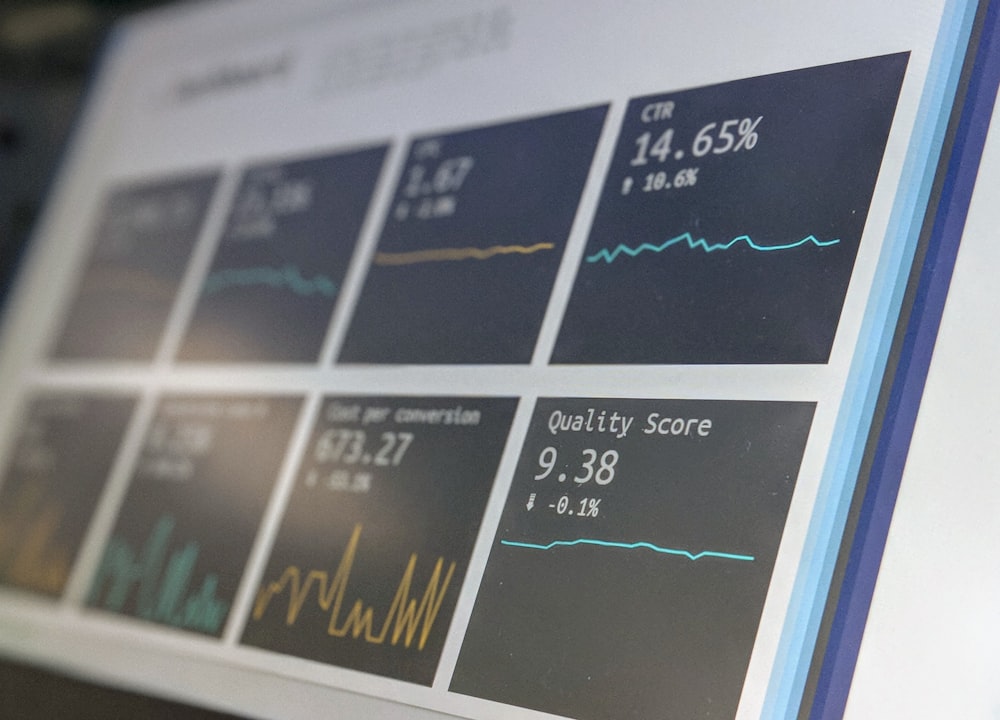The experience economy is a relatively new concept that has emerged in the past few decades. The term was first coined in 1998 by B. Joseph Pine II and James H. Gilmore in their book, “The Experience Economy: Work Is Theatre & Every Business a Stage.”. The experience economy refers to a shift in consumer behavior where people are now looking for experiences rather than just products or services. This shift has had a profound impact on businesses across a wide range of industries, from tourism to entertainment to retail. In this article, we will explore the key facts and trends that define the experience economy and the implications for businesses.
1. The experience economy is growing rapidly
According to a report by Allied Market Research, the global experience economy was valued at $5.2 trillion in 2019 and is projected to reach $12.8 trillion by 2028, growing at a CAGR of 12.5% during the forecast period. This growth is driven by changing consumer preferences, especially millennials. The increasing availability of technology enables businesses to create unique and immersive experiences.
2. Millennials are driving the experience economy

Group of friends viewing a sunset.
Studies have shown that consumers are increasingly prioritizing experiences over material goods. A survey by Harris Group found that 72% of millennials would rather spend money on experiences than on material things. This trend is driven by a desire for social connection, personal growth, and the pursuit of happiness.
3. Experiences create emotional connections with customers
One of the key benefits of the experience economy for businesses is the ability to create emotional connections with customers. By providing unique and memorable experiences, businesses can create a sense of loyalty and advocacy among their customers. According to a study by Temkin Group, customers who have had positive emotional experiences with a brand are 8.4 times more likely to trust the brand, 7.1 times more likely to purchase more from the brand, and 6.6 times more likely to forgive a mistake made by the brand.
4. Personalization is key to success
Personalization is a key factor in creating successful experiences in the experience economy. Customers want experiences that are tailored to their individual preferences and needs. According to a study by Salesforce, 84% of customers say being treated like a person, not a number, is very important to winning their business. Therefore, personalization can be achieved through data-driven insights, such as customer behavior and preferences, and by creating opportunities for customers to customize their own experiences.
5. Technology is transforming the experience economy
Technology is playing an increasingly important role in the experience economy, enabling businesses to create more immersive and personalized experiences. Virtual and augmented reality, for example, are being used by businesses in industries such as tourism and retail to create unique and interactive experiences for customers. Also, mobile devices and social media are also enabling customers to share their experiences with others. Amplifying the reach and impact of businesses’ experiences.
6. The experience economy is transforming traditional industries.

Tech in healthcare for detailed analysis.
The experience economy is not limited to specific industries but is impacting a wide range of businesses, from traditional service providers such as hotels and restaurants to retailers and even healthcare providers. Any business that can provide a unique and memorable experience has the potential to thrive in the experience economy.
Conclusion
In conclusion, the experience economy is a rapidly growing trend that is transforming the way businesses interact with customers. By prioritizing experiences over material goods, businesses can create emotional connections with customers, build loyalty and advocacy, and differentiate themselves in a crowded market. Personalization and technology are key factors in creating successful experiences. The impact of the experience economy is being felt across a wide range of industries. As consumers continue to prioritize experiences over material goods, businesses that can provide unique and memorable experiences will be well-positioned for success.
Chillwall AI are creators of a superhuman concierge helping visitors to discover new travel experiences without searching.
Chillwall AI has developed AEVI (AI-Enabled Voice Intelligence), an emotionally intelligent ‘superhuman’ Digital Concierge. AEVI personalizes decision-making to turn interests into intent. Interpreting an individual’s mood, AEVI matches this data to the user’s location and time of day to recommend activities aligning with their interests and desires.
Current products include: Travel Concierge: personalized two-way engagement to convert lookers into bookers & Health Concierge: Chillwall AI is from the world’s epicenter of AI innovation comes AEVI – SuperHuman Concierge.
Visit chillwall.ai to learn more.
Author: Christopher Libardo



